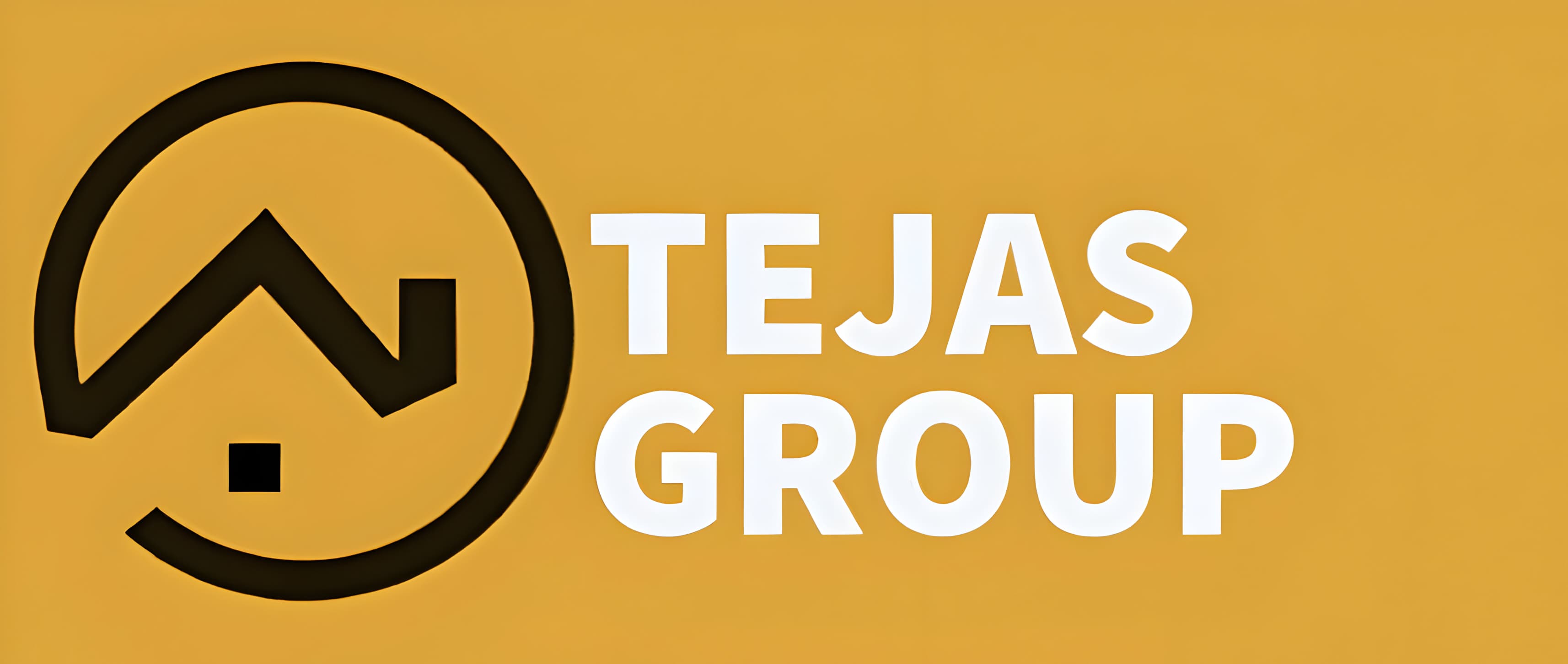- 02269710803 call us
- info@tejasgroup.co.in Mail us
Liaisoning Services
The Art of Liaisoning in Telecom, Civil Infrastructure, Electrification, Loan & Finance, and Real Estate
Introduction
Liaisoning, often considered an art, is a fundamental practice that permeates various industries, ensuring seamless operations, successful projects, and satisfied clients. In the dynamic and interconnected realms of telecom, civil infrastructure, electrification, loan & finance, and real estate, liaisoning plays a pivotal role. This article delves into the multifaceted significance of liaisoning within each of these domains.
Telecom Liaisoning
The telecom sector relies on a complex web of relationships, and efficient liaisoning is indispensable to navigate this intricate landscape. Here's why:
Regulatory Compliance
Telecom companies must adhere to a myriad of regulations, licenses, and permits. Expert liaisoning with regulatory bodies ensures that these requirements are met, preventing potential legal issues and interruptions in service.
Site Acquisition and Zoning
Securing sites for cell towers and other infrastructure is often a complex process, involving negotiations with property owners and navigating zoning laws. Skilled liaisoning ensures smooth transactions and compliance with local regulations.
Government Relations
Strong ties with government authorities are essential to address policy changes, spectrum allocation, and other industry-specific matters. Liaisoning with governmental bodies is crucial for telecom companies to influence favorable outcomes.
Civil Infrastructure Liaisoning
In the construction and civil infrastructure sector, liaisoning is the glue that holds projects together. It is indispensable for:
Permit Procurement
Navigating the labyrinth of permits and licenses required for construction projects can be daunting. Expert liaisoning streamlines this process, accelerating project commencement.
Local Community Engagement
Building strong relationships with local communities and stakeholders is essential. Effective liaisoning ensures that community concerns are addressed, mitigating potential roadblocks and conflicts.
Supplier and Contractor Management
Maintaining effective connections with suppliers and contractors is vital for project success. Liaisoning with these stakeholders ensures timely deliveries and adherence to project timelines.
Electrification Liaisoning
Electrification projects, whether for power generation, distribution, or renewable energy, are heavily reliant on efficient liaisoning to address various challenges:
Regulatory Compliance
Adherence to electrical safety codes and regulatory standards is non-negotiable. Liaisoning with regulatory bodies ensures compliance and safety, preventing costly legal consequences.
Utility Connections
Establishing connections with utility providers for power supply or grid integration often involves intricate negotiations. Effective liaisoning simplifies this process and ensures seamless connections.
Environmental Clearances
Renewable energy projects often require environmental clearances. Liaisoning with environmental authorities is critical to address concerns and secure approvals.
Loan & Finance Liaisoning
In the world of loans and finance, liaisoning is a cornerstone of success. It involves various aspects:
Client Relations
Maintaining strong relationships with clients is the bedrock of any financial institution. Expert liaisoning ensures that clients receive personalized service and solutions tailored to their financial needs.
Regulatory Compliance
The financial sector is heavily regulated. Effective liaisoning with regulatory bodies is crucial to stay updated on compliance requirements and influence regulations that impact the industry.
Risk Management
Managing financial risks is paramount. Liaisoning with risk assessment and management experts is essential to safeguard against financial losses and uncertainties.
Real Estate Liaisoning
Real estate, a multifaceted industry, benefits immensely from liaisoning:
Government Relations
Navigating the complex world of property regulations and legalities requires strong governmental relationships. Effective liaisoning ensures compliance and facilitates swift transactions.
Client Engagement
Real estate agents liaise with clients throughout the buying or selling process. Building trust and communication is fundamental to successful transactions and satisfied clients.
Development Projects
Large-scale real estate development projects demand liaisoning with various stakeholders, from architects and contractors to local authorities. This coordination ensures projects are completed efficiently and to specifications.
The Common Thread
Communication and Relationships
Across these diverse domains, liaisoning shares a common thread: the emphasis on communication and relationship-building. It's not merely about paperwork or negotiations; it's about forging connections, understanding needs, and achieving collective goals.
The Art of Effective Liaisoning
Effective liaisoning involves several key elements:
Communication Skills
Good communication is the cornerstone of successful liaisoning. Clear and transparent communication with all parties involved fosters trust and understanding.
Knowledge and Expertise
In-depth knowledge of the specific industry and its intricacies is essential. Liaisoning experts must understand the nuances of their domain to navigate challenges effectively.
Networking
Building a strong network of contacts, including regulatory authorities, government officials, clients, suppliers, and other stakeholders, is crucial for successful liaisoning.
Problem-Solving
Liaisoning often involves troubleshooting and conflict resolution. Skilled liaisoning experts are adept at finding solutions and mitigating issues before they escalate.

Adaptability
Industries are ever-evolving. Liaisoning experts must remain adaptable and stay abreast of industry trends, regulations, and best practices.
Conclusion
In the realms of telecom, civil infrastructure, electrification, loan & finance, and real estate, liaisoning is the unsung hero, ensuring that projects are executed smoothly, regulations are adhered to, and clients are satisfied. It is the art of bridging gaps, forging connections, and making the complex appear simple. Through effective communication and relationship-building, liaisoning professionals in these domains are the architects of success.


